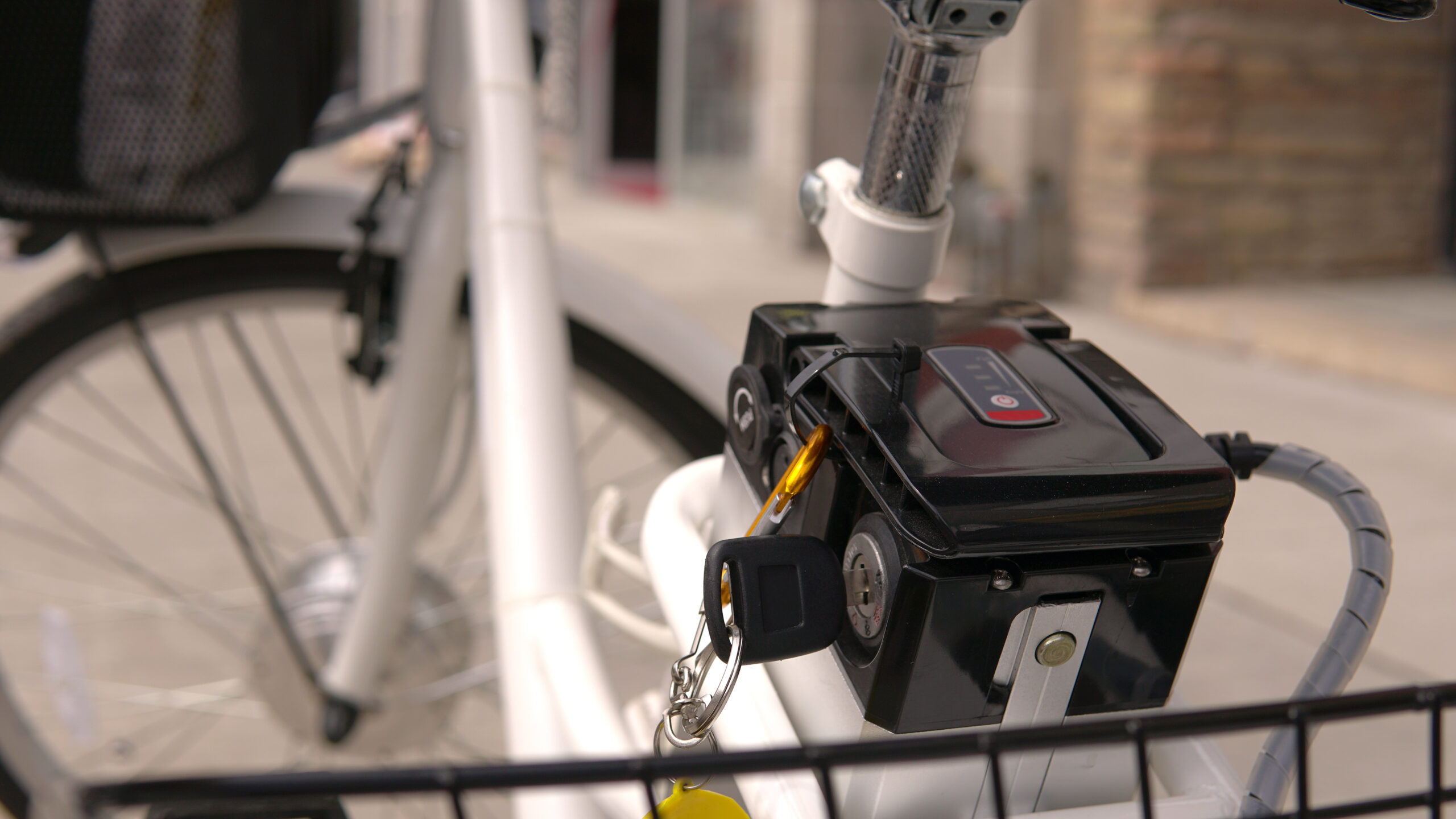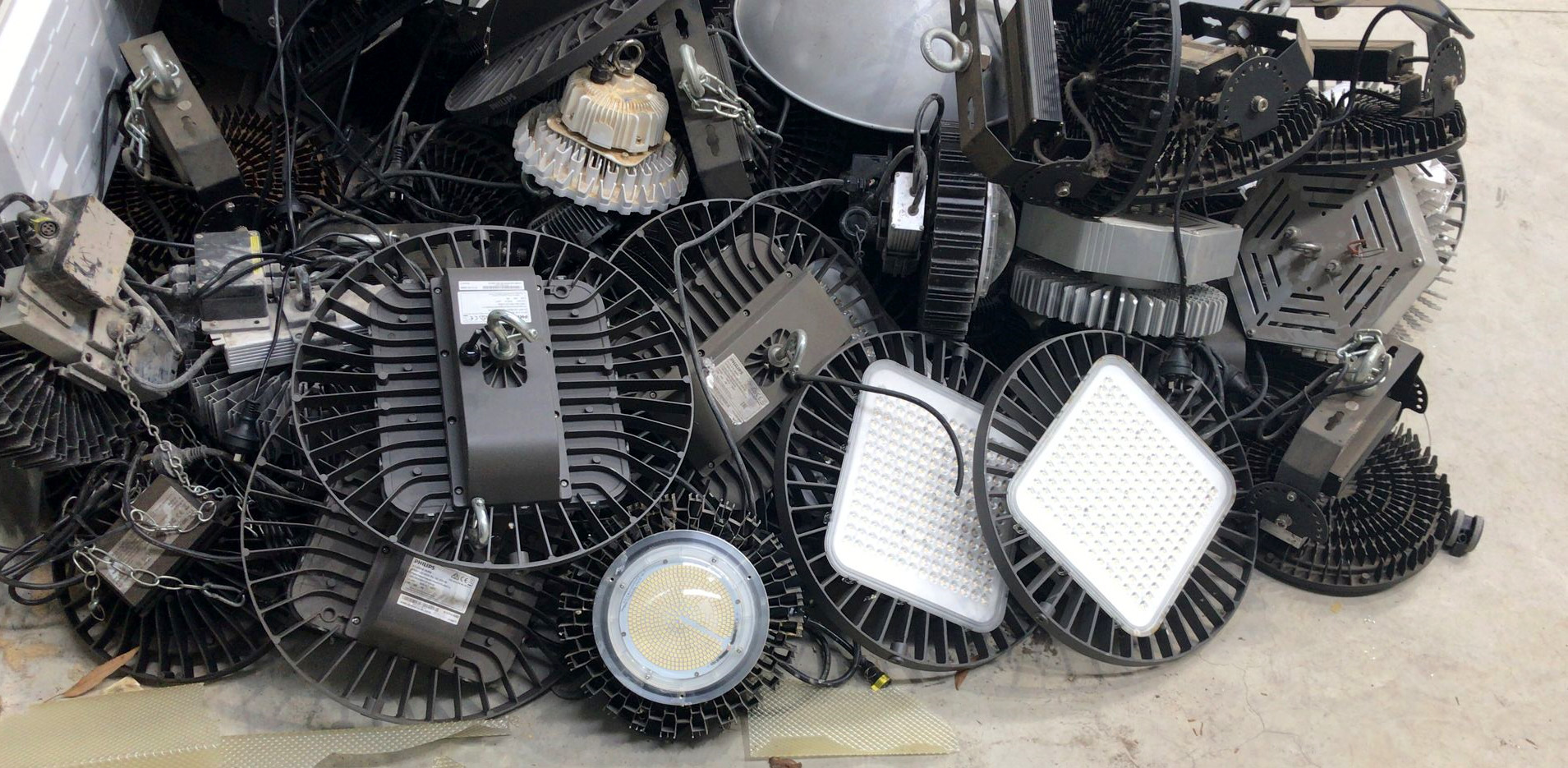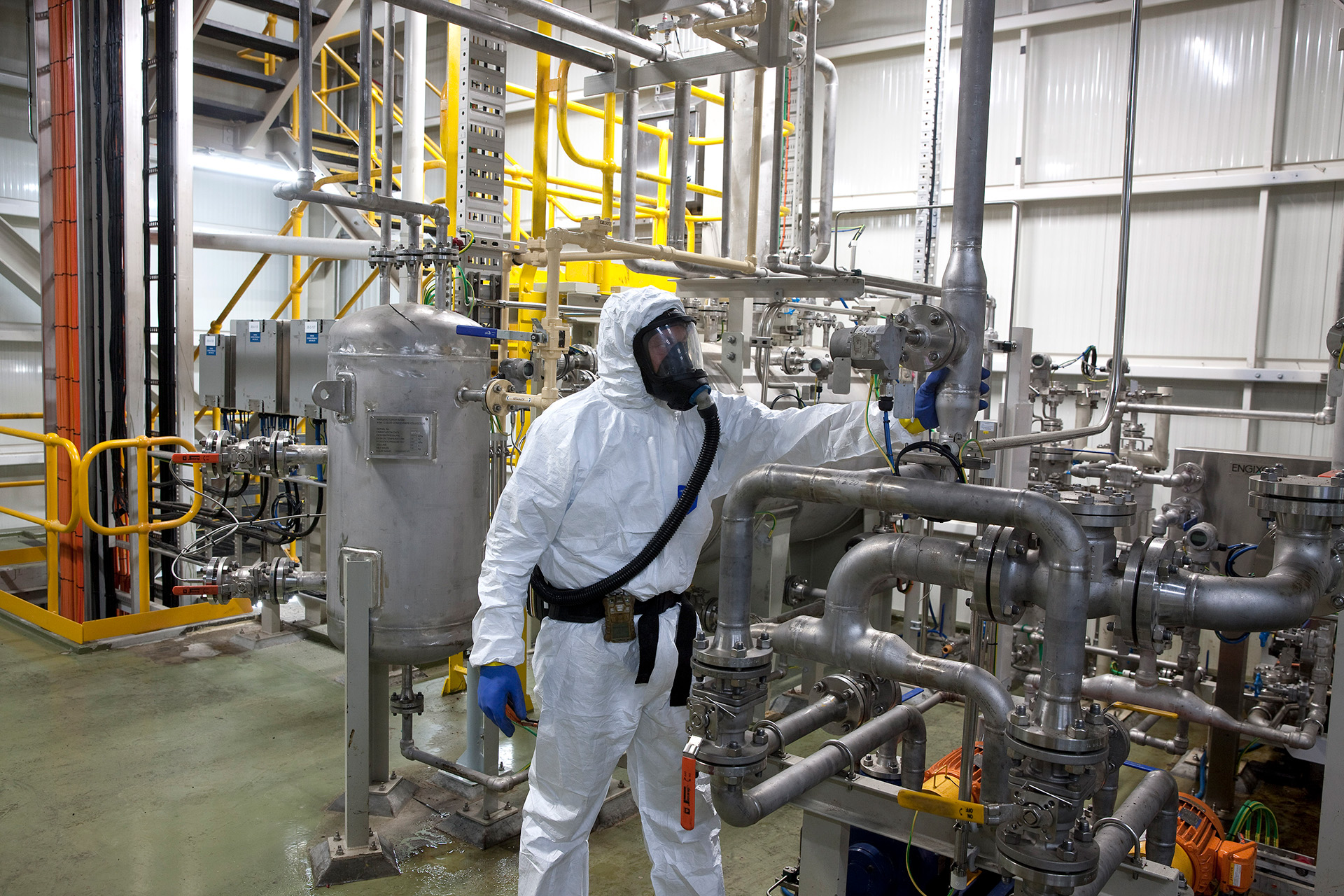The recycling industry is a bit like an ecosystem. It’s made up of a wide range of ‘species’, each of which occupies its own niche, eating a particular type of ‘food’ and producing waste that is ‘food’ for other ‘species’.
In the recycling ecosystem the ‘species’ are companies, government departments and other organisations.
‘Food’ is the recyclable materials and, in a perfect recycling ecosystem, there is no waste – just further raw materials that other species can use.
Just as in a natural ecosystem, there’s plenty of competition but there is also a lot of cooperation, and it’s not unusual for competitors to also be collaborators. After all, recycling is an industry that tends to attract people who genuinely want to deliver positive environmental outcomes, and this helps to foster high levels of cooperation.
Recycling companies tend to specialise, depending on their skills, equipment and market demand. Some deal with hard plastics, and others with soft plastics. There are glass specialists, metals recyclers and paper and cardboard experts. And within every niche there’s no shortage of talented people looking for new ways to increase the value of recyclable materials
Facilitating cooperation
While many companies come to their own arrangements with each other, industry bodies can play a critical role in facilitating cooperation.
They often bring together government, the generators of waste, and recycling companies and get them working towards a particular goal.
A couple of good examples are FluoroCycle and EXITCYCLE. These are product stewardship schemes that have fostered industry cooperation in the areas of recycling mercury-containing lighting (FluoroCycle) and the batteries contained in emergency exit lighting (EXITCYCLE).
Special niche
As Australia’s largest mercury recycler, Ecocycle occupies a special niche in the overall recycling ecosystem.
We process mercury-containing waste that most other recycling companies can’t handle.
We not only take waste directly from its sources, such as lighting from supermarkets and factories, or dental amalgam from dentists, we also work with other recycling companies to process parts of their waste streams.
A good example is Apple. Other companies recycle most of the metals that make up an iMac, iPhone or iPad, but when it comes to the screens that contain mercury, those companies rely on our expertise and specialised equipment to ensure that the mercury in Apple’s Australian waste stream is safely recycled.
Passing It On
We aren’t the end of the line, of course, so we rely on other companies to take the outputs of our efforts either for further processing or for manufacturing.
The high purity of the mercury we produce means it’s ready to be used in making new dental amalgam – no further refining required.
The glass we recycle from lighting waste is also pretty much ready for use in making fibreglass insulation. On the other hand, from lighting and e-waste we end up with a mixed bag of plastics and base metals. These go off to other companies that are better positioned to add value to these materials through their specialist expertise.
Become part of our ecosystem
The days of dumping waste, particularly hazardous waste, have come to an end.
Recycling is increasingly becoming the most viable option for dealing with our waste problem.
If you operate in any of the key industries we service, including dental and medical, resources or lighting and electrical, why not see how we can help you recycle?
Call us on 1300 32 62 92 or complete the form below and one of our recycling specialists will design the perfect solution for your needs.






